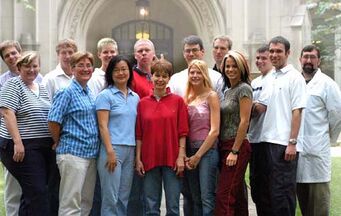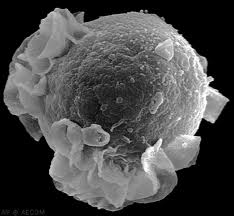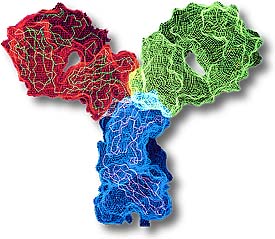CroweLabTest
   |

|
|
Our laboratory studies focus on the molecular basis for the development of effective T and B cell responses to viruses in humans, and on the cell biology of virus infection in polarized epithelial cells. We also have active programs in biodefense research, vaccine and monoclonal antibody development, nanomedicine, and biotechnology. Our group uses a very broad array of techniques including molecular and cellular biology, state-of-the-art imaging and flow cytometry, bioinformatics, and bioengineering approaches to attack the scientific problems that are of interest to us. Our philosophy is to work on major human pathogens - we study model systems only when the direct study of the primary pathogen in humans is not feasible at a definitive level. Current studies center on influenza, dengue, HIV, respiratory syncytial virus, human metapneumovirus, rotavirus, and vaccinia virus.
A first area of emphasis is the study of the genetic origins and structural determinants of virus neutralizing antibodies. To study this area we have developed unique single B cell sorting and antibody engineering techniques including phage display combinatorial libraries, novel methods for generation of human B cell hybridomas, direct cloning of antibody variable genes from virus-specific B cells, high throughput sequence analysis, and full-length expression of recombinant antibodies. This work has allowed us to understand better structure/function characteristics of antiviral antibodies. Several of the recombinant human antibodies that we have generated are being developed commercially.
We have a second major program in the study of the trafficking of virus proteins in polarized epithelial cells. We have recently discovered that a unique cell compartment, the apical recycling endosome, controls directional budding of respiratory syncytial virus. We are studying the role of particular proteins, including Rabs, Rab-FIPs, and myosins on viral trafficking. We also have investigated the role of stress granules in RSV infection. Currently, scientists are exploring the role of viral proteins in controlling these processes. This work requires careful biochemistry, confocal and electron microscopy, and molecular biology. |